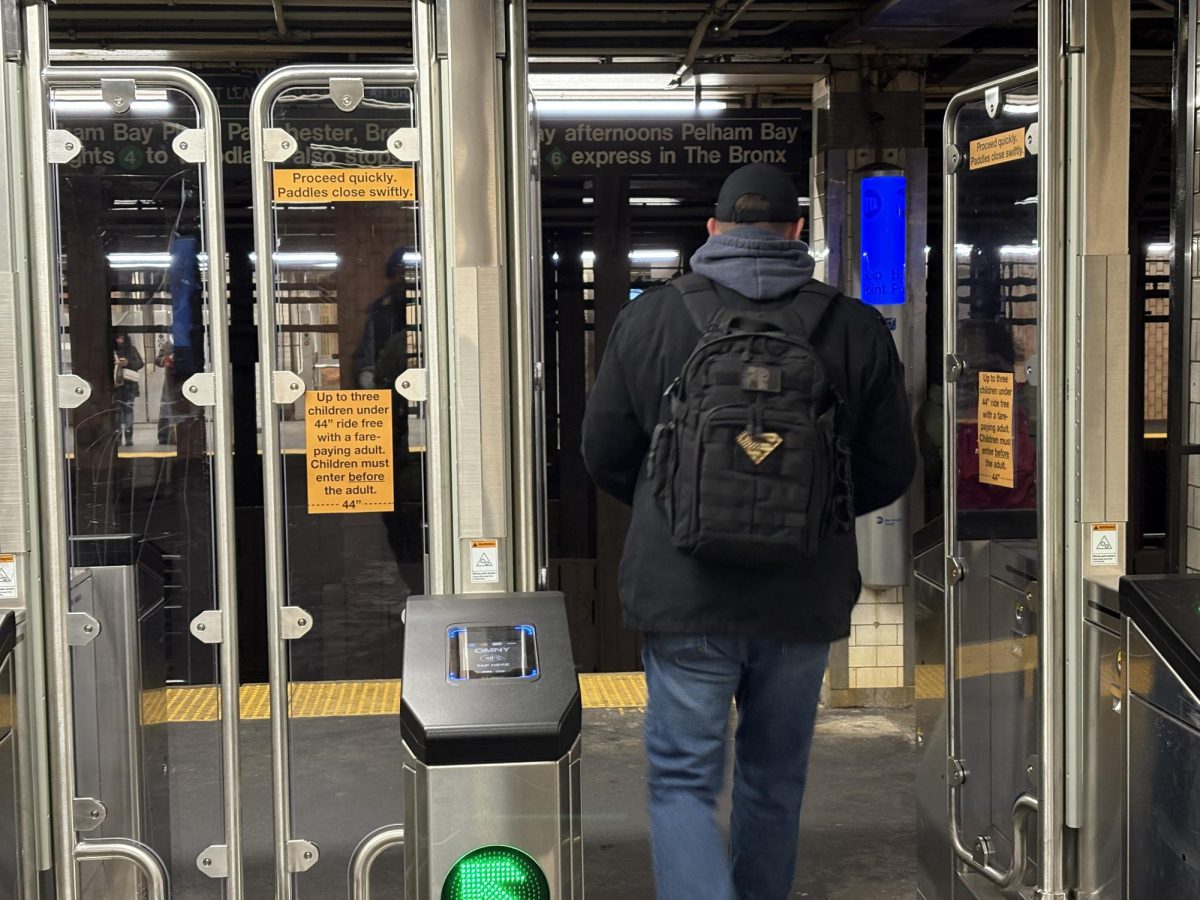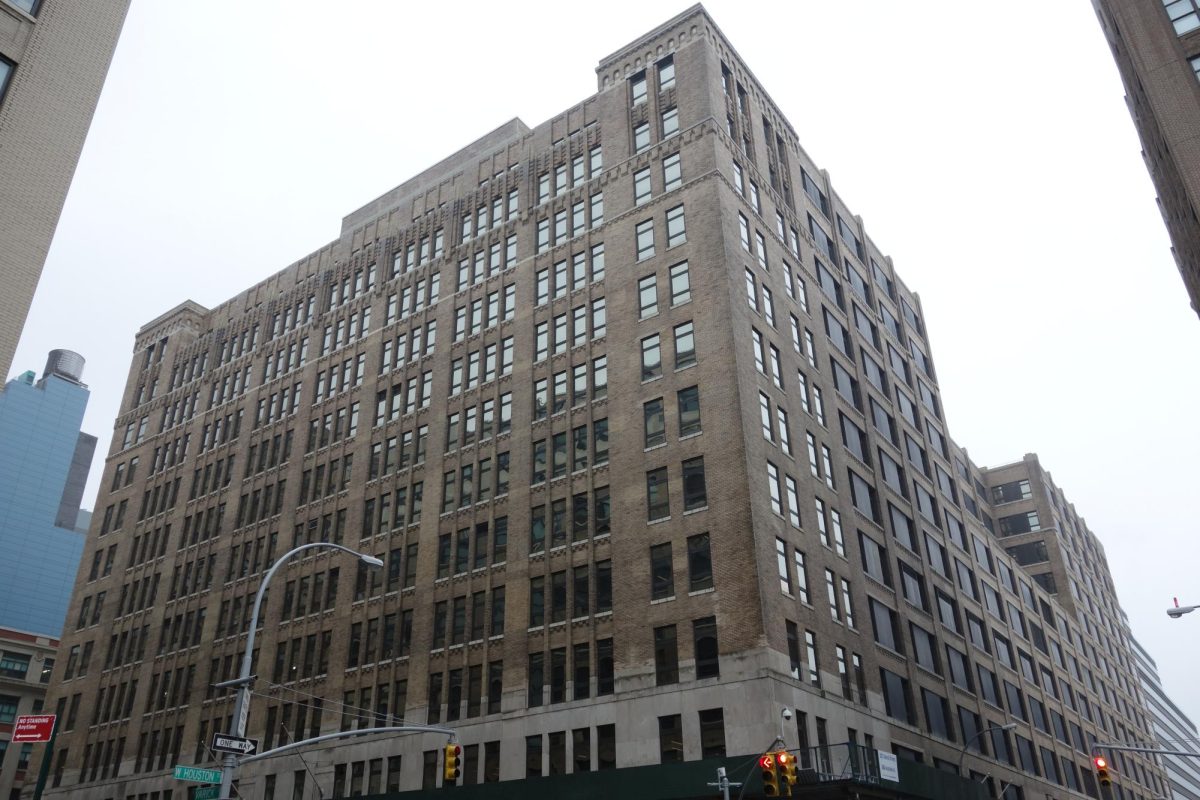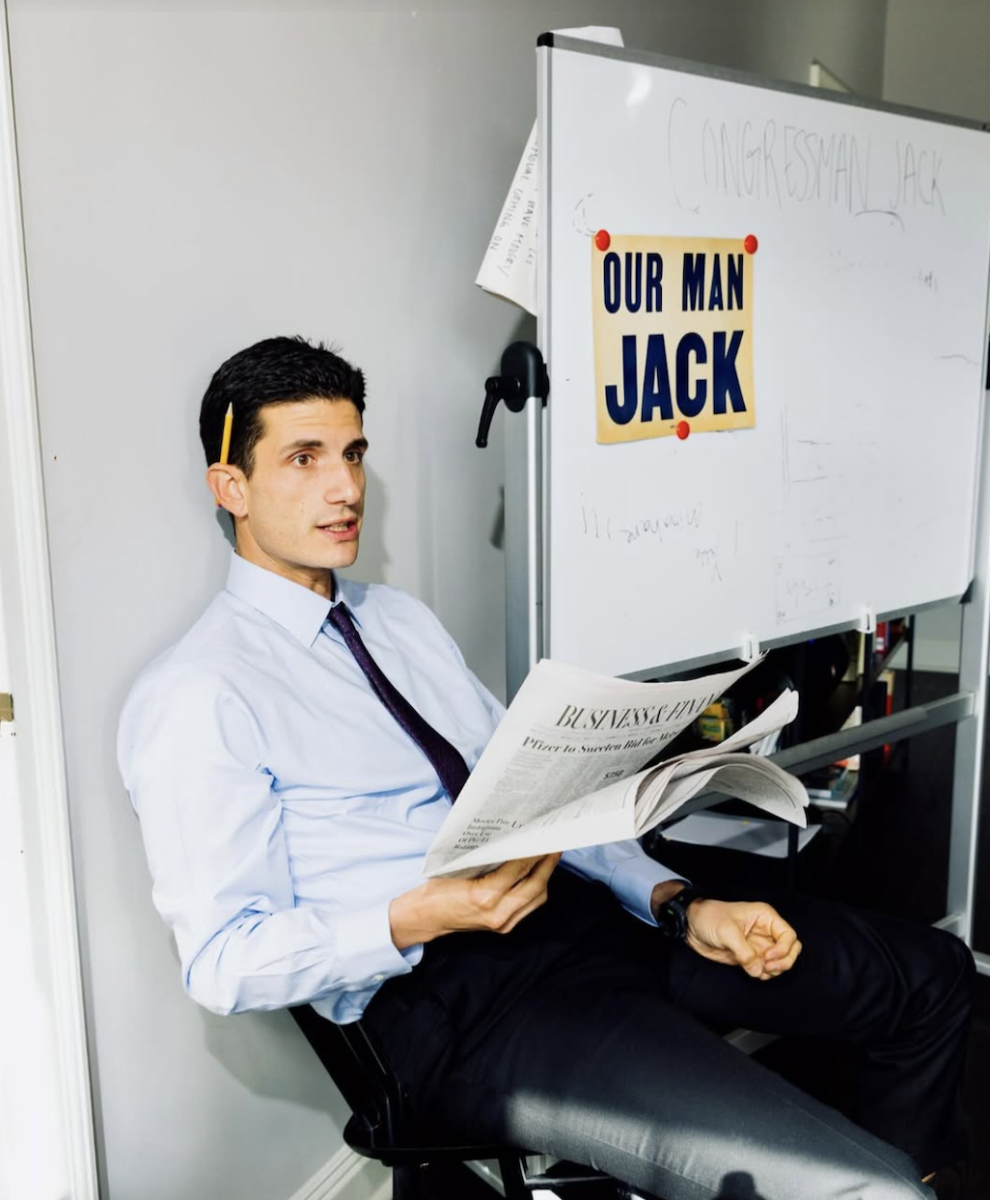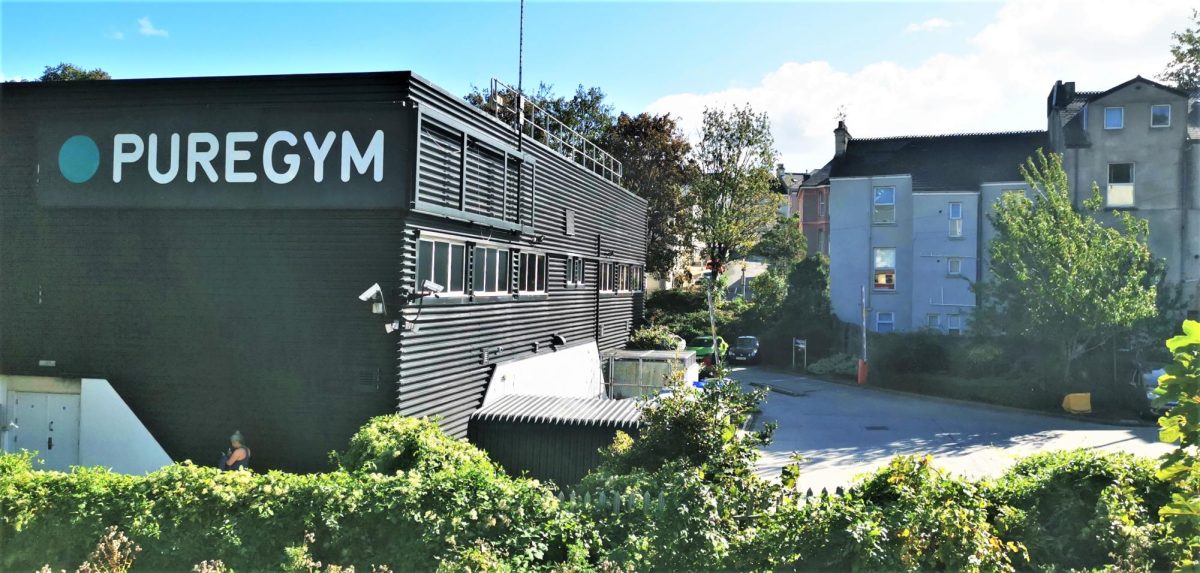Vietnamese Student Association hosted, “Framing Our Identity: Addressing AAPI Issues” on April 19, a workshop that highlighted the social issues that Asian-Americans and Pacific Islanders continue to encounter, in celebration of Asian Pacific American Heritage Month.
VSA opened the discussion with Asian representation in media, exploring common Asian stereotypes. Asian female characters in the media are often portrayed as either exotic and foreign or as submissive side characters, and are seen as either reserved or badass.
Asian men are stereotypically seen as silly, incompetent and completely unattractive. Often, people will make fun of Asians’ physical traits, such as supposedly small eyes.
During the Q&A, the audience agreed that to overcome these stereotypes and misrepresentations in media, people need to accept that Asian-Americans and Pacific Islanders are entering mainstream media.
The mentality of the audience must change to accept all different races in the media.
VSA also emphasized the concept of the bamboo ceiling and gave advice on how to overcome it. The bamboo ceiling is when Asians feel like they experience barriers to leadership roles due to their race and ethnicity when competing with other races.
Within the five big tech firms — Google, Hewlett-Packard, Intel, LinkedIn and Yahoo — only 27 percent are Asian workers and among those, 19 percent are Asian managers and 14 percent are Asian executives.
To overcome the bamboo ceiling, VSA highlighted the importance of self-awareness, confidence and being a good leader.
VSA’s Vice President of Events James Wang said this event provided a space for those who wanted to discuss these issues that are not spoken about in the Asian-American and Pacific Islander community.
“I think they did a really good job trying to frame the baseline problems that a lot of Asian Americans should address, and I think they want to address but there never really is a space for them in order to kind of get out and talk about these issues,” Wang said.
“The presentation allowed people to have space and medium in order to start talking about these issues.”
Wang pointed out the identity conflict with the phrase “Asian American.” People do not understand the difference between an “Asian American” and an “Asian-American.”
“One phrase means that you are basically an attachment to the American culture and another means you are integrated with the American culture,” Wang said. “I think it’s one of the important things to address.”
The workshop ended with VSA explaining the stigma around mental illness among AAPI. There are over 2.2 million Asian-Americans and Pacific Islanders who are dealing with mental illness. VSA pointed out the cultural stigma where people do not want to admit to having a mental illness due to religious or spiritual beliefs, an unwillingness to discuss mental illness and lack of access to treatment.
Mental illness is often used as an offensive word in Asian cultures. The widespread beliefs of spiritual causes of mental illnesses are that it is a punishment for the ancestors and viewed as shameful to the family. Some of the problems with the treatment of mental illness for Asian-Americans and Pacific Islanders are the refusal to find professionals for help, lack of access to health care and insurance, language barriers and ineffective treatment due to cultural differences.
VSA provided resources such as the Baruch College Counseling Center, crisis intervention service NYC Well and the National Suicide Prevention Lifeline, which can be reached at 800-273-8255.
Freshman Tyler Chen brought up how Asian cultures keep people from speaking up, since the cultures are a bit “reserved” and ideology deters Asians from causing any trouble or controversy.
“We have to speak up. We have to point all of these things out even if it’s a little obnoxious,” Chen said. “Because if we don’t, it’s just going to keep self-perpetuating.







